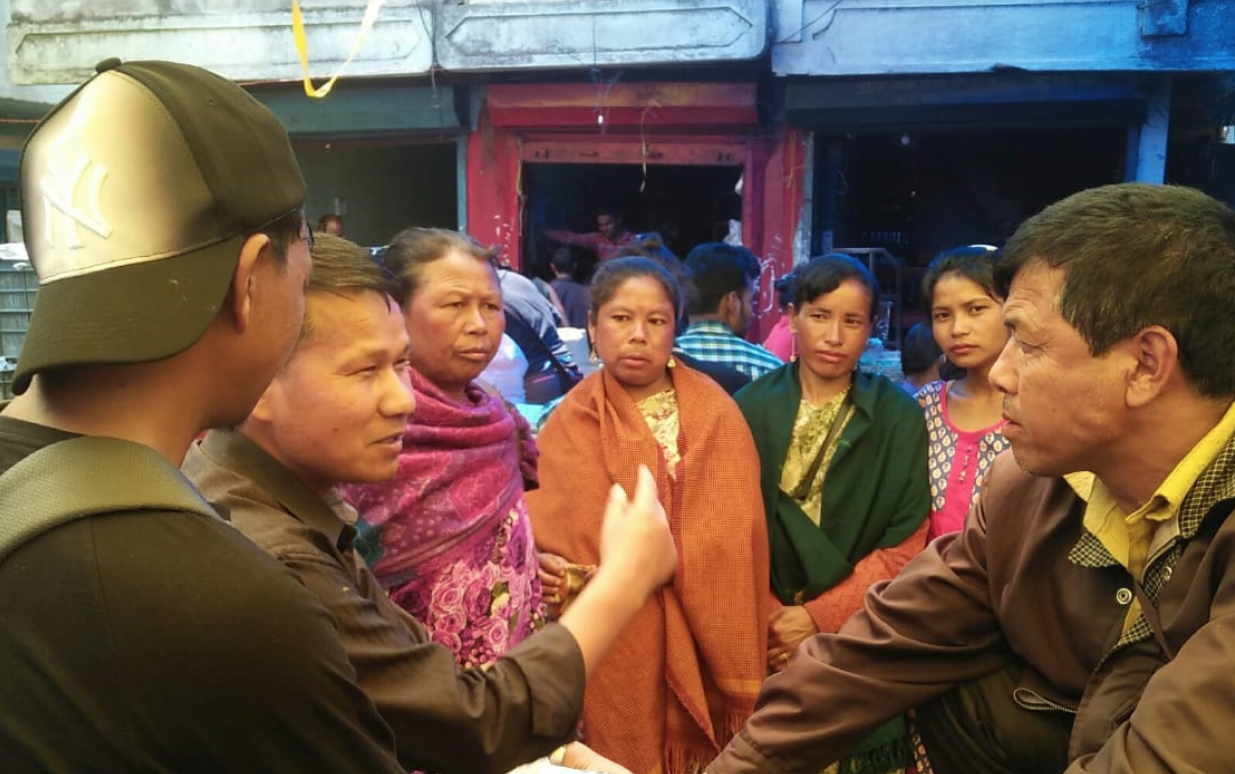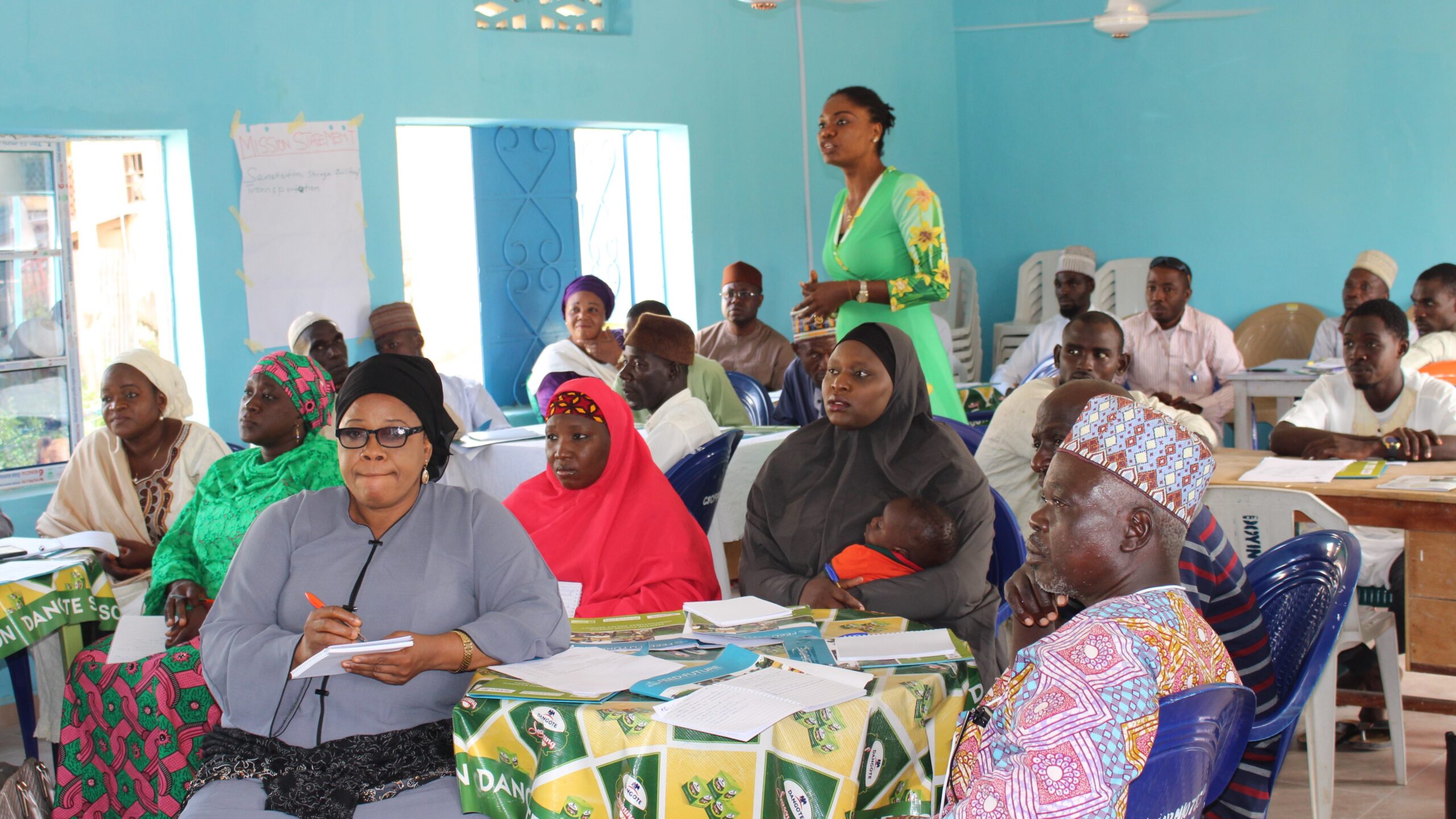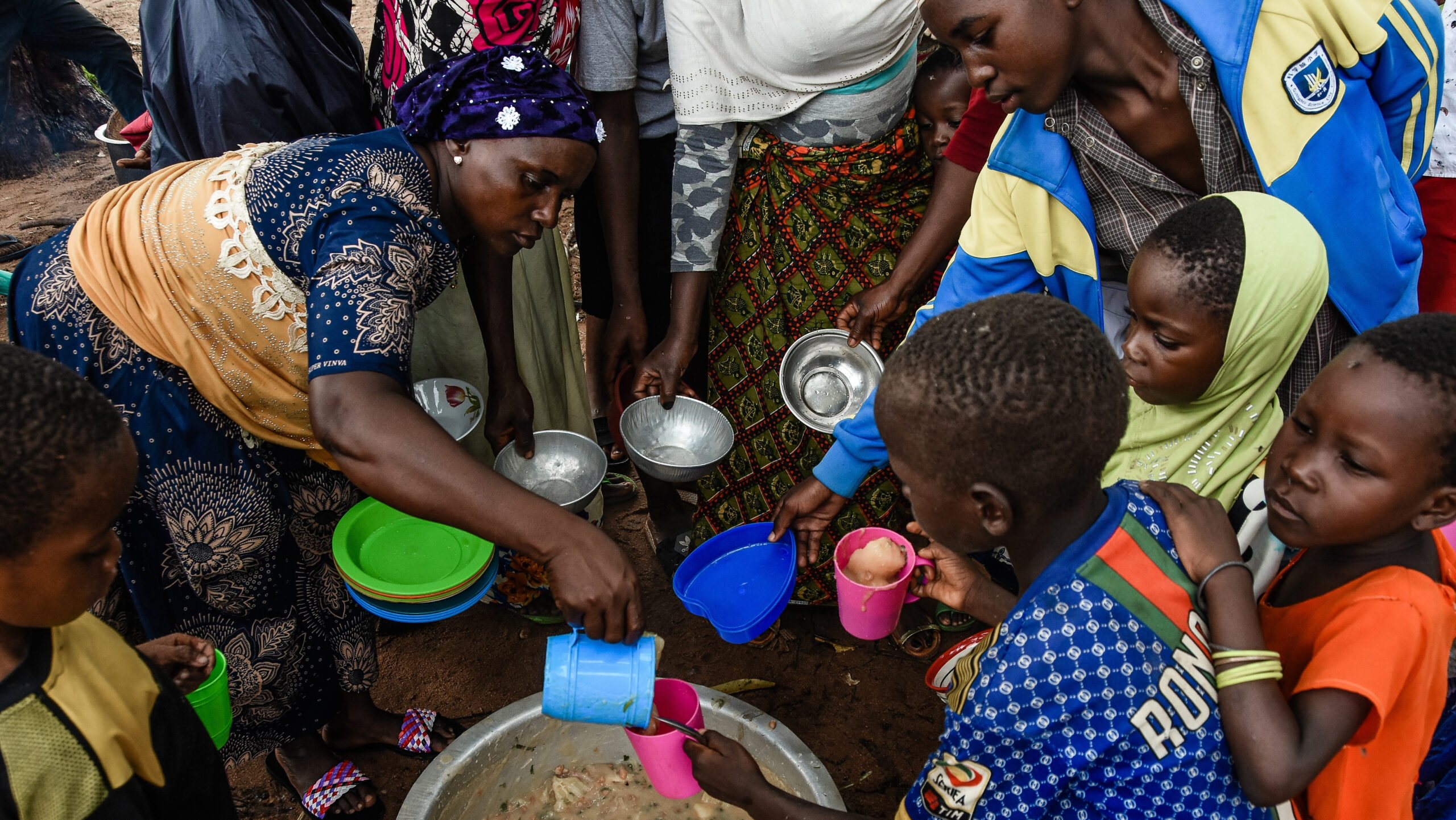The idea of doubling Indian farmers’ incomes by 2022, when the country completes 75 years of independence, was first proposed by Prime Minister Narendra Modi at a rally in Bareilly, Uttar Pradesh, in Feb. 2016. The announcement triggered a multitude of committees, panels, and agendas to be set up at various tiers of the government to pursue this objective.
Yet despite the zealous efforts made by government agencies toward fulfillment of this goal, the state of farmers and agriculture has shown little or no improvement. We must look for new pathways that can leverage India’s advantages of abundance in land, water, fertile soil, cheap labor, and favorable agro-climatic conditions to the benefit of farmers as well as farming. Farmer Business School (FBS) is a new idea picking up steam across developing countries for making agriculture a profitable enterprise.
Conceptualized by the UN Food and Agriculture Organization (FAO), and inspired by its farmer field schools, FBS is an innovative training strategy for farmers to build entrepreneurial skills and management competencies to transform their usual farming into a profitable business venture.
It operates at the village level and can be started by any number of individuals or agencies, including public sector extension services, civil society, farmer associations, or cooperatives. Farmers meet at a time of their convenience, usually for an entire season, to synchronize learnings with the various stages of a given production cycle. Extension officers and lead farmers are trained as facilitators to ensure smooth conduct of sessions and coverage of relevant materials.
The school employs an “entrepreneurial learning-by-doing” approach, which is referred to as the Participatory Mutual Training and Learning Approach. Farmers work in small groups and learn to address business and marketing challenges and opportunities through collaboration and collective action based on discussions, practical exercises, and self-study. Farmers are taken step-by-step through the basics of farm business management based on their own production patterns. They train to make complex farming decisions in an iterative manner, to conduct farming as any other business. Farmers are not passively lectured on technicalities of production, about which they already possess knowledge; instead, they are trained to use simple decision support tools, checklists, and strategic questions that compel them to think like entrepreneurs, and act to maximize their profits from farming. This is what sets Farmer Business Schools apart from other typical farmer training programs. The framework of an FBS is such that each farmer is largely responsible for his/her own learning.
The gap in Indian agriculture at present is its disconnect with the market—the idea of farm business schools has the promise to remedy this malady of Indian agriculture by hitting the nail on the head with its focus on transforming farmers’ decision-making capabilities to respond to market signals. For instance, smallholders learn to assess market demands through an interactive approach, reflecting on their own production experiences, making observations, and generating new ideas that they can experiment during the season.
The increasing globalization of agricultural systems has exposed smallholders to greater shocks and risks, without commensurate state support, especially in developing countries like India. Smallholders, due to their small marketable surpluses, increasingly run the risk of being swept aside by the wave of competition from mammoth commercial food business enterprises that have large-scale standardized production and disproportionately better market access.
How must extension services remold themselves to correspond to emerging needs of farming as a business? To actively support market-oriented farming, appropriate capacity building through retraining and restructuring of extension delivery is essential. Farmers need support on achieving efficiency in production activities, refocusing from production to profitability. The emphasis of FBS is also on sustainability, putting scarce resources to their most efficient use. Crop diversification is one mechanism through which this can be achieved.
Efficient handling of complex farm management opportunities and challenges in production and marketing requires capacity building among farmers and a learning framework where they can learn from their own as well as others’ experiences. The most essential steps in planning the farm business include delineating its visions and goals, strategic planning, choosing and testing the feasibility of enterprises, and developing a business plan based on market evaluations. This is where the FBS comes in: Rather than solving business problems for farmers, it helps them develop the knowledge and core managerial competencies to fully understand their problems, its causes, and derive experimental solutions.
Countries like the Philippines, Indonesia, Ghana, Nigeria, Zimbabwe, and Tanzania, among others in Asia and Africa, have initiated Farmer Business Schools with diversified partner structures, though public extension services dominate. Only a few years after their introduction, FBSs in Africa have witnessed rapid expansion through adaptation for a wide range of crops such as cotton, rice, sesame, horticultural products, cocoa, cashew, and coffee, among others. In most projects, 20%-44% of farmers trained are women, making agriculture more gender-inclusive. Reportedly, FBS trainings have been conducive to farm business growth in almost all projects. From the FBS, farmers have acquired better financial management skills, doing basic cost-production calculations on their own. They can better plan farm operations, follow a more efficient cropping calendar, and, most importantly, realize what they had been missing in making agriculture a profitable business like any other. India, too, should experiment with this novel and pertinent idea to train Indian farmers to graduate from simply producing to profitably managing their market-oriented farm business if the game of agriculture in India is to change forever.
Smriti Verma is a Research Analyst with IFPRI’s South Asia Region (SAR) office in New Delhi. This post first appeared in the Financial Express. Views are the author’s.







